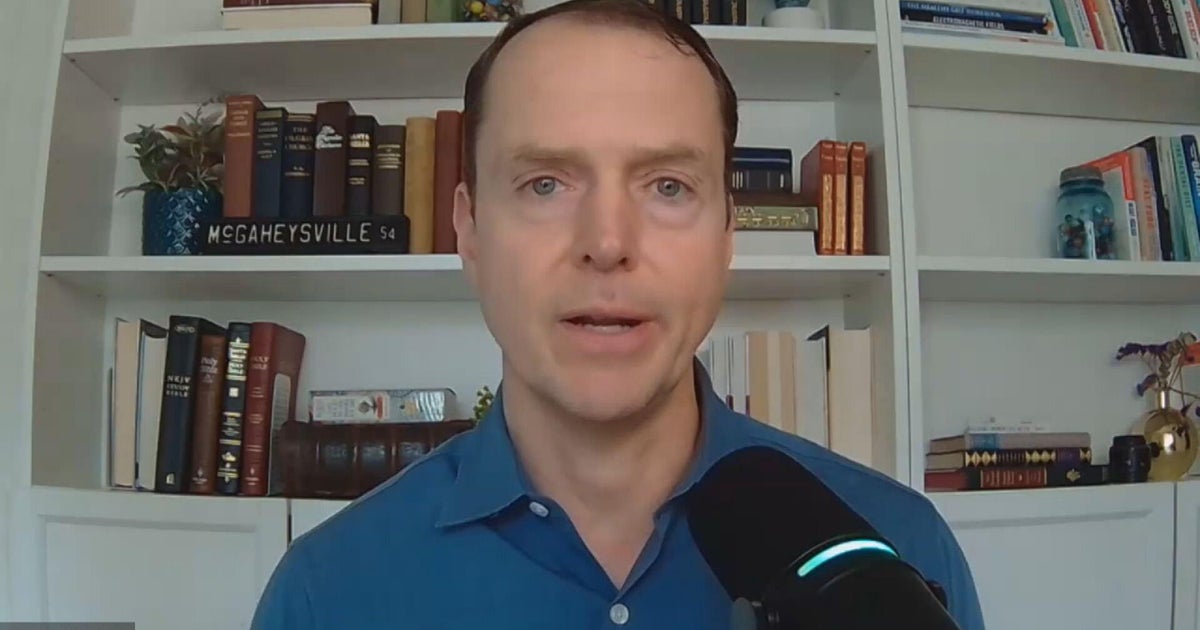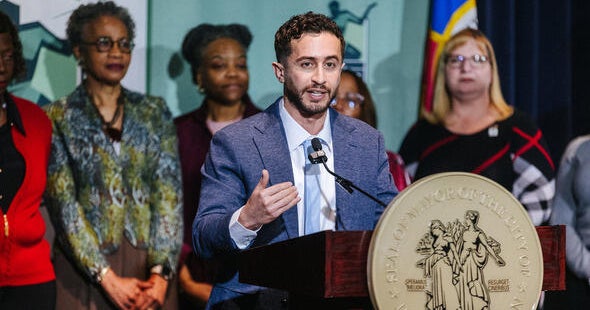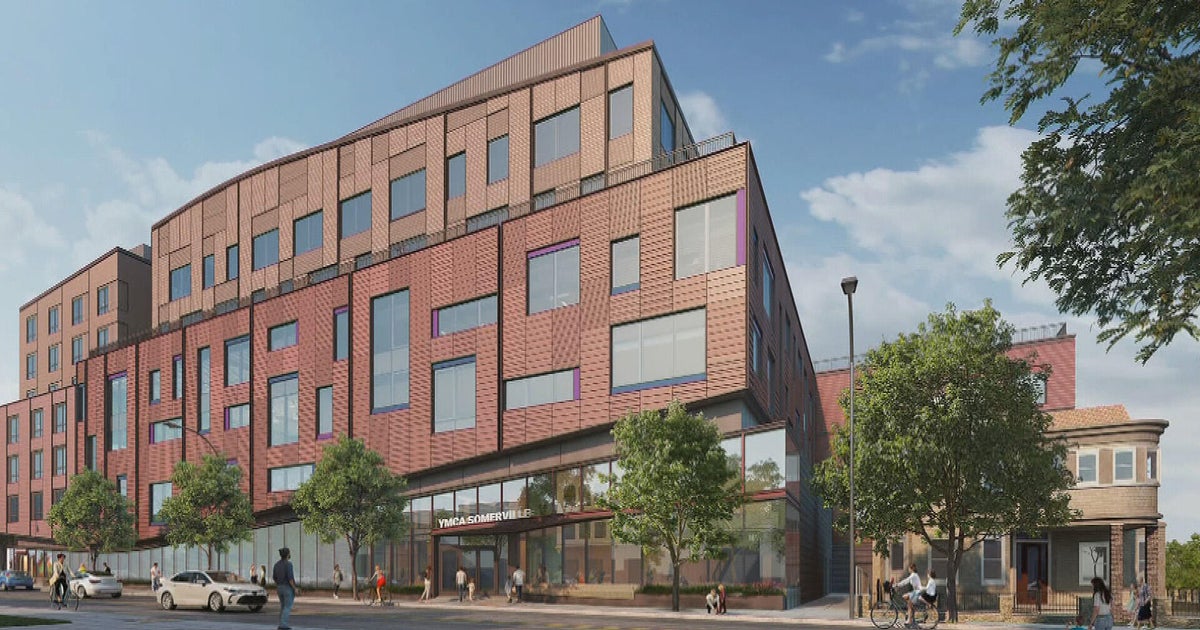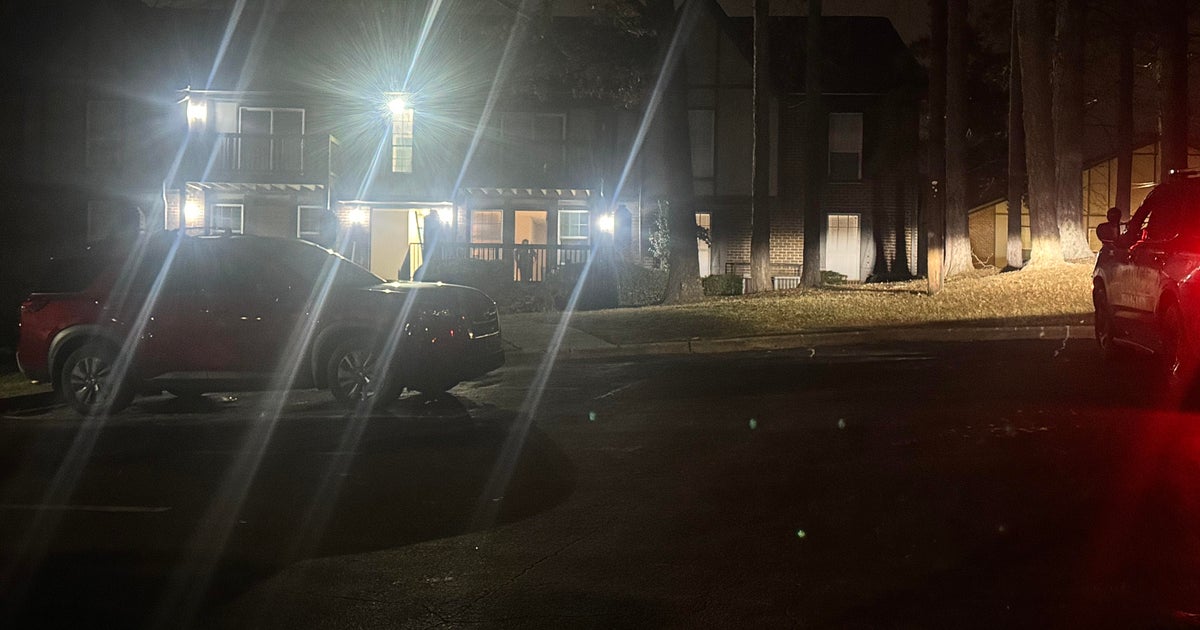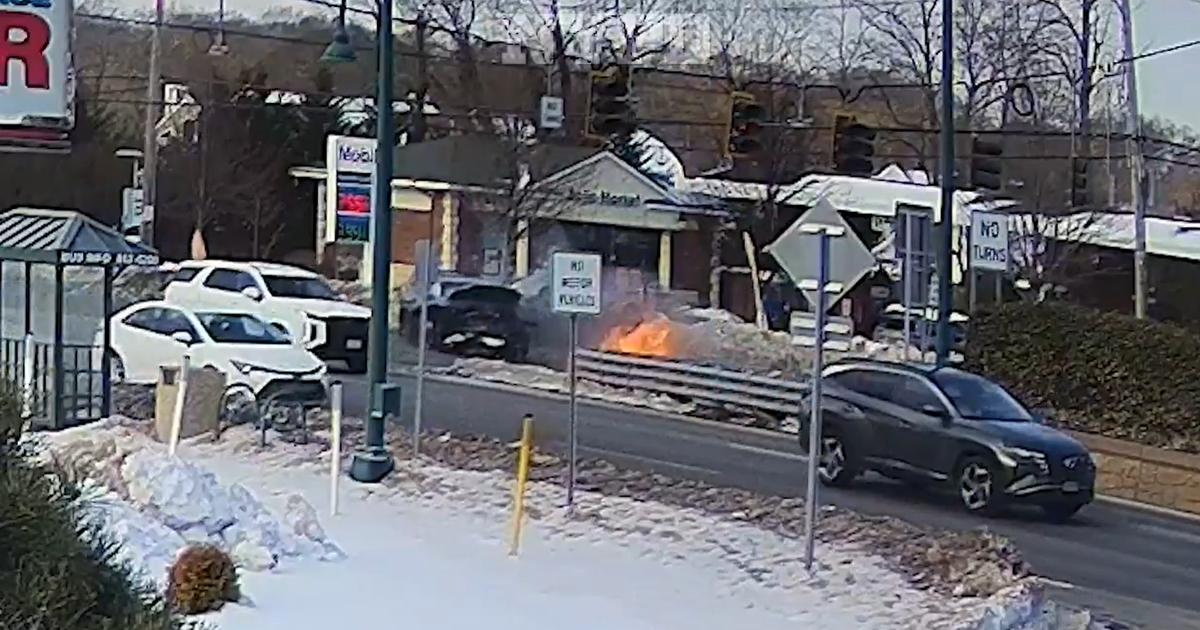Colon cancer rates keep rising in younger age group, new study finds
Anna Canale of Plainview, Long Island, was shocked to receive a stage 4 colorectal cancer diagnosis at just 44 years old.
"I would have never ever imagined that this was cancer," says the mom of three.
A new report from the American Cancer Society shows colorectal cancer is increasingly being seen in younger individuals, and cases are being detected at more advanced stages. Sixty percent of new cases are advanced-stage disease.
"Shockingly, 1 in 5 people who will be diagnosed presently are younger than 55 years of age, which is quite young for colorectal cancer," says American Cancer Society CEO Dr. Karen Knudsen.
Colorectal cancer is still the third deadliest in the U.S. The American Cancer Society anticipates 153,020 new cases this year, and 52,550 deaths.
"It's truly this shift toward more aggressive disease that is putting roadblocks in our ability to save more lives from colorectal cancer," Knudsen adds. "So, ensuring that someone does not ignore symptoms, takes every possible avenue to increase their own health, get screened according to guidelines appropriate for them, is the best medicine that we have to catch colorectal cancer early and eliminate it."
Medical researchers have been tracking the increase in colorectal cancer among younger adults for years now, even as the rates in older people decline.
As CBS News chief medical correspondent Dr. Jon LaPook has reported, the decline among patients over 50 is due to the success of colonoscopies, which spot polyps that can be removed before they become cancerous.
In 2018, the recommended age to get a first colonoscopy screening was lowered to 45 for those at average risk.
Doctors aren't sure what's driving the rise in cases in younger people, but they say more than half of colorectal cancers are attributed to potentially modifiable risk factors — things like diet, exercise and smoking.
Another possible factor LaPook says experts are investigating is the makeup of a person's microbiome.
"What I think is really interesting is the possibility it's the microbiome — so the trillions of bacteria that are in our gut. And there's one to two thousand different species, and it turns out that certain of those species are linked to a higher risk of colon cancer," he explained in a 2018 interview. "And when you think about it, we have been changing our microbiome — we take antibiotics, our diet has changed — and one of the theories is that we're messing up our microbiome and increasing the risk that way. That's just the theory."
Doctors recommend knowing your risks — including family history — and getting screened.
"We really should be screening at a younger age," says Canale, who wasn't even of age for a regularly scheduled colonoscopy when she was diagnosed.
The initial mass in her colon was about the size of a large orange and liver masses were already there as a metastatic disease. Canale says regular chemotherapy has shrunk her tumors. And despite the rigors of treatment, Canale says she is living a full life with her family and staying positive.
"I know that I'm going to be OK. I can see it. And I know that my positivity can help others, and help others be aware of their bodies and what's going on with them," she says.
Canale urges everyone to get screened, even with an at-home test.
